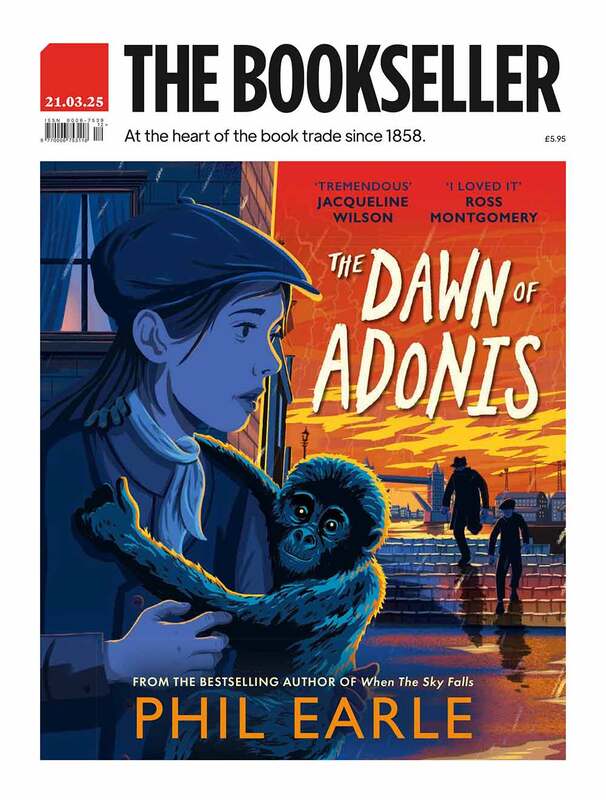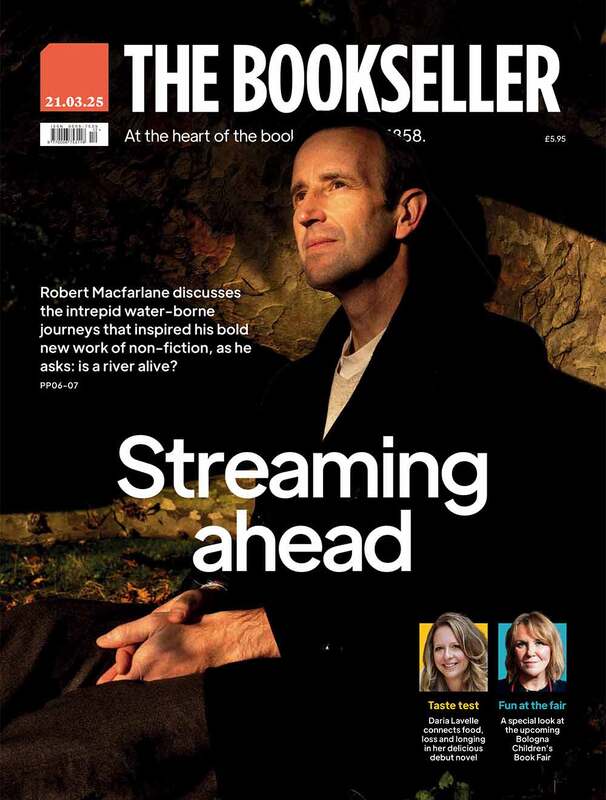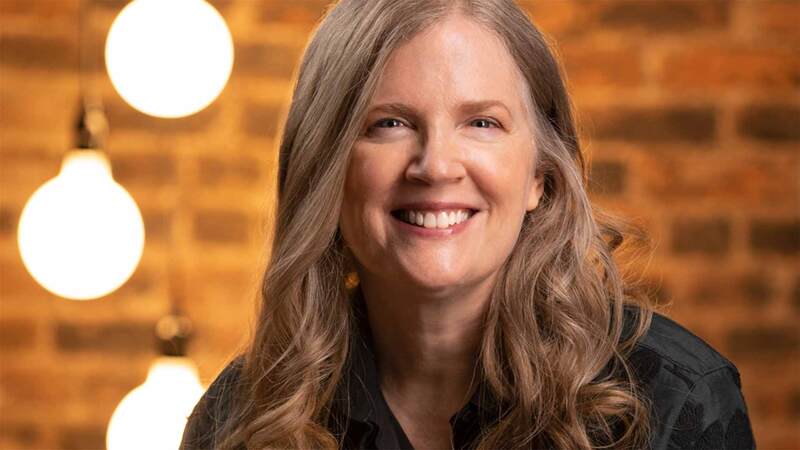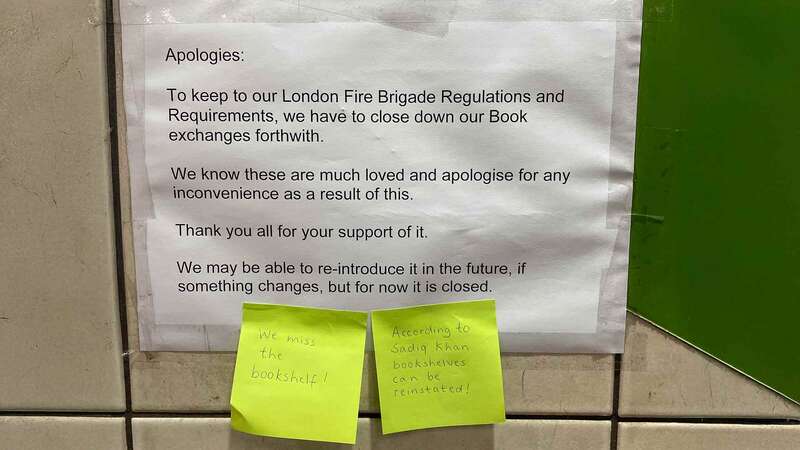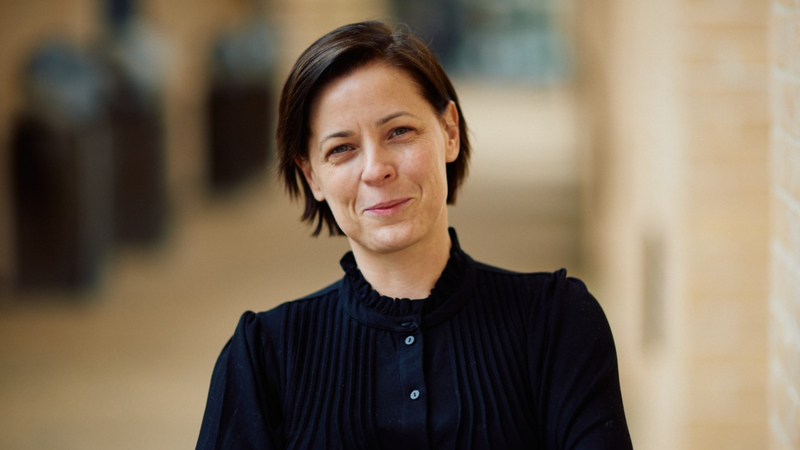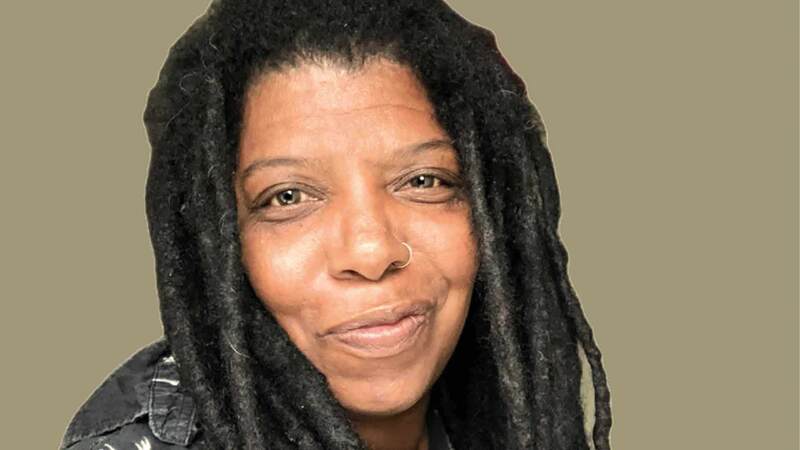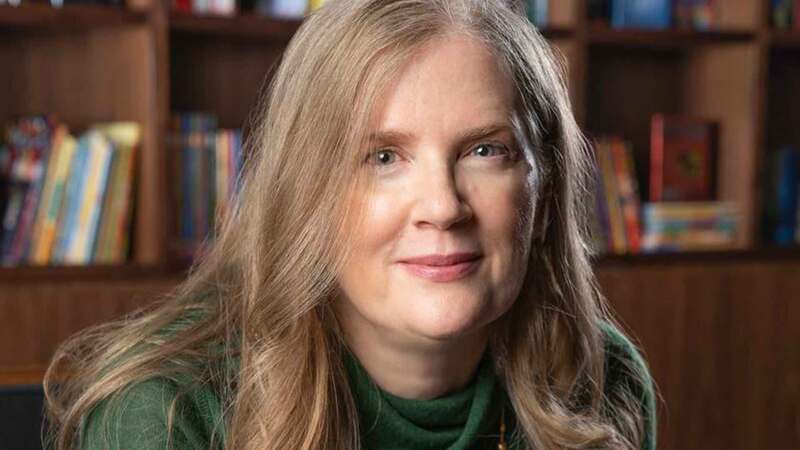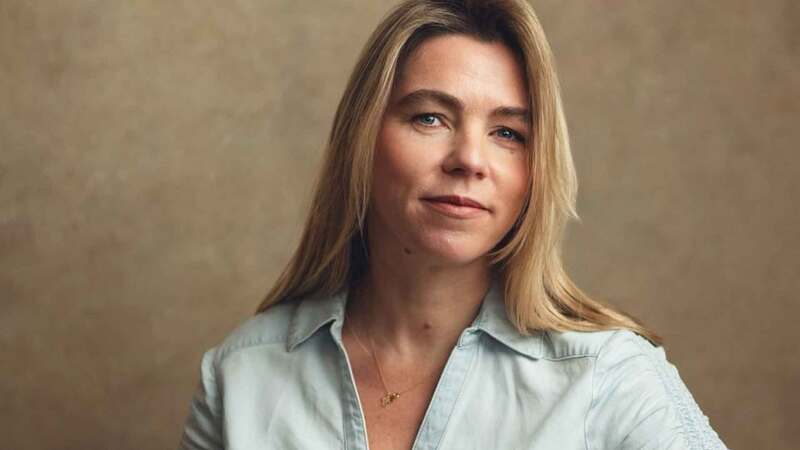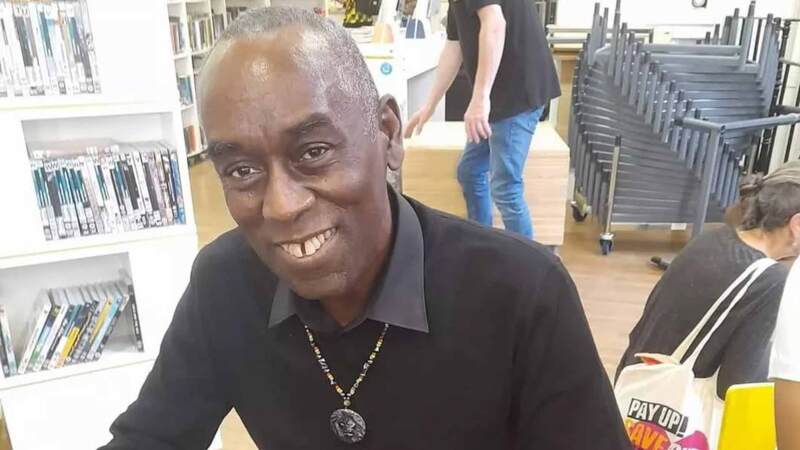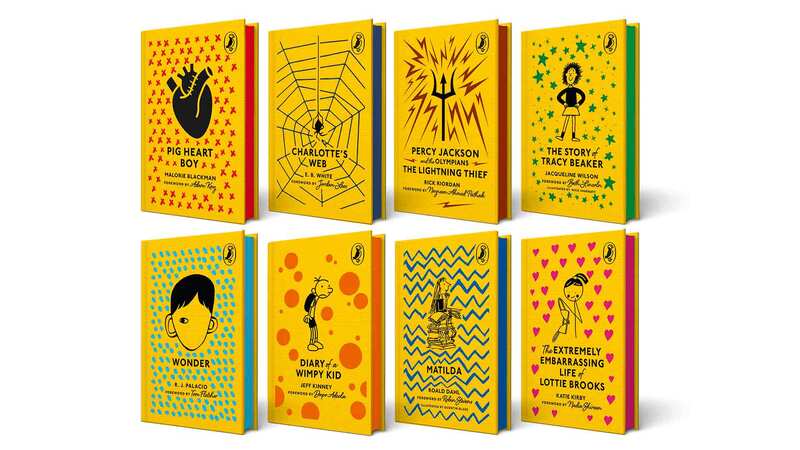You are viewing your 1 free article this month. Login to read more articles.
ALCS survey finds 15% drop in average author earnings since 2013
It is harder than ever for authors to make a living, according to the latest income survey from the Authors Licensing and Collecting Society, which has found writers' average earnings have dropped to under £10,500-a-year, a fall of 15% in real terms since its last review in 2013. The survey also shows a growing gender gap in author pay, with women authors typically earning around 75% of the average male author income.
However the Publishers Association has questioned the evidence-base for ALCS' findings, which it maintains do not reflect the investments publishers are making in fostering creative talent.
A total of 5,523 writers responded to the income survey, commissioned by ALCS and carried out by the university of Glasgow's CREATe centre, intended "to help paint an accurate picture of how authors really earn their money from writing today". Writers of varying types were asked to participate and have been defined by two different categories: "professional writers", who spend more than half of their time writing, and "all writers", which additionally includes those who write in a part-time capacity.
It follows previous research carried out in 2005 and 2013. Professional authors' actual income before tax earned solely from writing in the UK in 2005 came in at £12,330 (2017 equivalent £18,013); in 2013 this figure dropped to £11,000 (2017 equivalent £12,309); and, for the latest survey, carried out in 2017, the median income of a professional author from writing has come in at £10,437. Taking into account inflation, ALCS calculates the slide in income for professional writers as a 42% drop since 2005 and a 15% drop since 2013.
The 2017 figure falls far below what is considered to be a "socially acceptable standard of living for a single person", a modest wage of £17,900 according to the Joseph Rowntree Foundation’s Minimum Income Standard (MIS). The current minimum wage in the UK for those over 25 is £7.83, yet based on a standard 35 hour week, the median hourly earnings of a professional writer are just £5.73.
The Bookseller was unable to ascertain how many "professional writers" responded to the survey to arrive at the £10,437 median figure (a further breakdown will be published later in the year by ALCS); however ALCS did say the proportion was more than 13.7% - the "depressingly low" percentage of total respondents who said they earned their income solely from writing. That percentage is only a third of the number of full-time professional authors recorded in 2005 (then 40%).
The survey found many professional authors felt it necessary to supplement their incomes by lecturing, self-publishing and teaching, as well as through income streams such as the Public Lending Right payments, grants and bursaries, income from ALCS, prizes and fellowships.
The average earnings of female professional authors were found to be well below those of their male counterparts. ALCS reported that women authors typically earn around 75% of the average male author income - a figure even lower than the 2005 figure, which was 78%.
Meanwhile, for those for whom the day job is not writing, typical median earnings have also fallen, from £4,000 in 2005 and 2013 to £3,000 in 2017. In real terms, the survey reported earnings for this group have actually dropped by 49% since 2005 and 33% since 2013.
While writers’ incomes continue to drop, the creative industries are now valued at £92bn and growing at twice the rate of the UK economy. ALCS said such opposing trends "urgently call into question the extent to which writers’ significant contribution to those industries is properly valued".
Society of Authors president Philip Pullman said he was "not surprised" by the findings, "shocking though they are", commenting that the fact publishers' profits are growing at a time when authors' incomes are falling "speaks for itself". He said: "We're all suffering from a general degradation of standards: from the sense that it's OK to exploit people without much power, because no-one cares and no-one will do anything about it. The technological means of making indescribably vast fortunes from the internet have come into being at a time when the general assumption in public life is that greed is good. No-one seems to feel shame any more."
Philip Pullman, Nicola Solomon and Stephen Lotinga
Nicola Solomon, chief executive of the Society of Authors, called the decline in authors' incomes "deeply disturbing", pointing out that the situation could discourage new writers from entering the profession and mean only those with other incomes will be able to write. She encouraged legislative change, calling for reform in the areas of fairer contracts and fair share of reward from publishers, to "help improve the situation".
"If authors can no longer afford to make a living from their work, the supply of new and innovative writing will simply dry up. This will lead to a reduction in reading, which is vital both for boosting literacy and all the benefits of reading for pleasure, as well as threatening the success of our world-leading publishing and creative industries," she said, adding: "This will exacerbate the well-publicised lack of diversity in publishing and create a vicious circle, making it harder to attract new and diverse readers."
Author Malorie Blackman agreed: “With author earnings decreasing, the publishing industry will end up with creatives from similar backgrounds and outlooks and the resultant books will end up being less diverse, not more so," she said. “If it becomes harder to make a decent living from writing, for those aspiring authors and illustrators who don’t have a financial safety net such as a working partner or the bank of Mum and Dad to rely on, writing and illustrating will become the stuff of dreams rather than the stuff of reality.”
Tony Bradman, children’s writer and chair of the ALCS Board, commented: "The results of this third ALCS survey into author earnings confirm what most writers know only too well - that incomes continue to decline, and that it is harder than ever to make a living as a professional writer. Given the enormous contribution that the work of UK writers makes to the success of our world-leading creative industries, the ALCS research calls starkly into question the extent to which we value that work. Without writers, our country and our culture would be poorer in every imaginable way and so we must ensure that we give writers as favourable an environment in which to make a living as possible."
However Stephen Lotinga, c.e.o. of the PA, was less convinced by the numbers. "Publishers value authors enormously and their entire businesses are dependent on supporting them," he said. "These figures will be unrecognisable to the majority of publishers as they just do not reflect the investments they are making in creative talent. If we are to have a genuinely constructive conversation about this issue then we need a much sounder evidence base. We would welcome engagement with the Authors' Licensing and Collecting Society and the Society of Authors on the survey and the wider issues it raises, as it’s vital publishers are included in this important discussion."
Profile m.d. Andrew Franklin remarked on the huge gap in earnings between writers. "J K Rowling is worth getting on for £1bn, and on the other side of the scale you have academic writers who write for other reasons, who don’t earn anything like that," he said. "But I wonder how the book industry compares with other professions, such as acting, dancing, artists, musicians, presumably it is the same there – those at the top of their game will be in a position to earn huge sums and negotiate better royalties or terms.
"The rewards are distributed increasingly unfairly and of course it should change. The best thing publishers can do for authors is make the pie bigger. There are two options: make the pie bigger for everyone, or make authors’ slice of the pie bigger, but that means authors have to be in a good position to negotiate."
The All Party Parliamentary Writers Group has launched an inquiry into authors' earnings, which it hopes will supplement the ALCS' quantitative data with qualitative findings. The inquiry is now open for written submissions and will be hearing oral evidence in the autumn.

